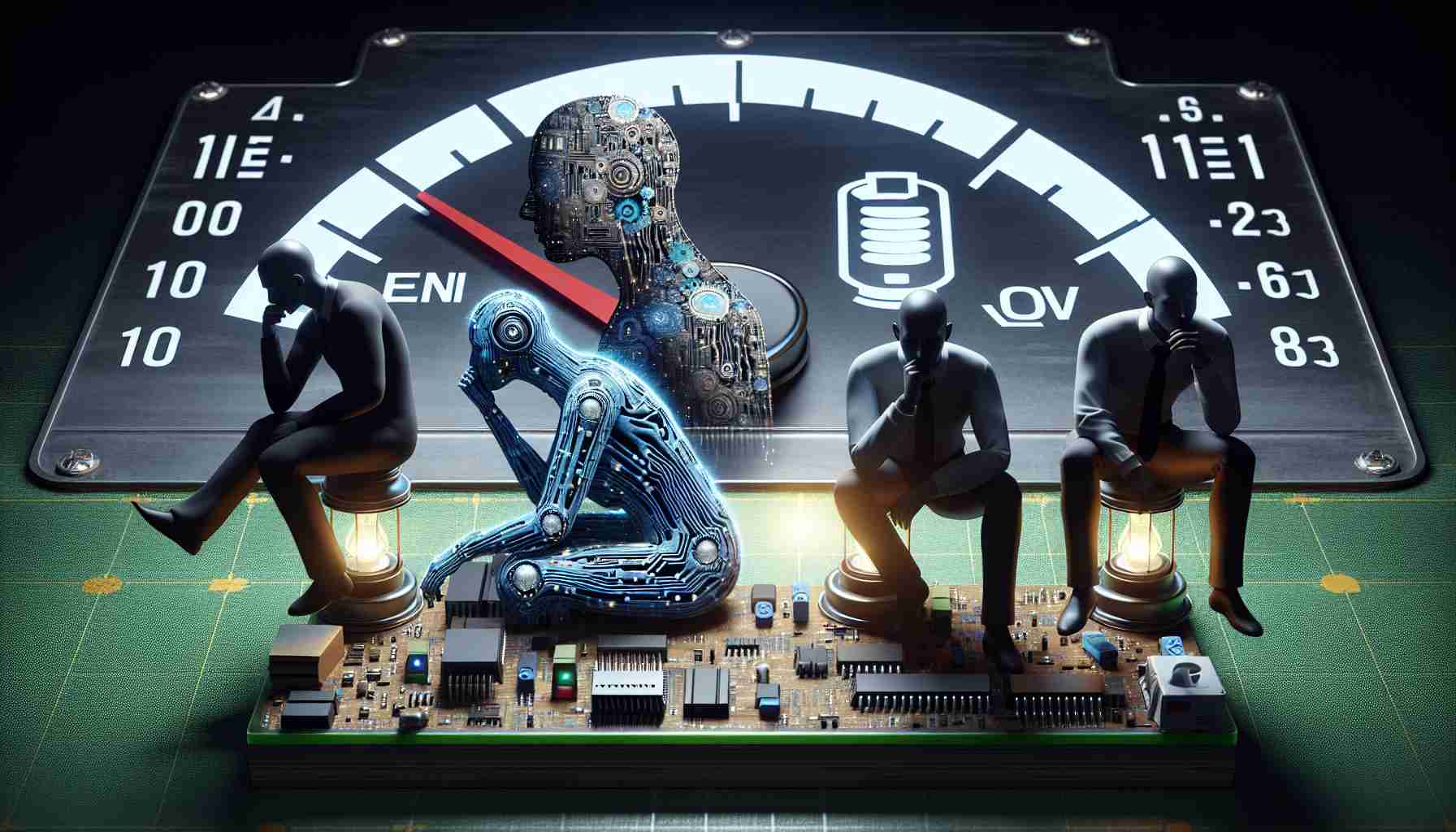The leading technology firms in the United States are grappling with significant challenges related to their environmental commitments. Just a few years ago, many of these companies pledged to achieve net-zero carbon emissions by 2030 or 2040. However, they have underestimated the colossal energy demands associated with the rising prominence of artificial intelligence (AI).
Solutions like energy conservation, wind turbines, and solar panels are insufficient in addressing this energy consumption. Observers, such as industry analyst Jack Raines, suggest that substantial investments in nuclear power may be the direction these tech giants need to take.
For instance, recent sustainability reports from major players like Google reveal alarming trends. The tech giant reported a 13% increase in greenhouse gas emissions in 2023 compared to the previous year, with a significant rise due to expanding data center operations.
Additionally, leaders in the industry like Microsoft are pushing for accelerated advancements in low-carbon technologies, recognizing the overwhelming demands of AI infrastructures. Microsoft has already made significant moves, including a long-term agreement to revitalize the decommissioned Three Mile Island nuclear plant, which will now serve as a critical energy source for their AI-related data centers.
Nuclear energy presents a lower carbon footprint compared to other energy sources, making it an attractive option for these companies facing mounting pressure to reduce emissions. Despite the controversies surrounding nuclear power, the push for sustainable energy solutions seems to be nudging tech firms toward reconsidering their energy strategies in the race for AI innovation.
Tips and Life Hacks for Sustainable Tech Practices
As the tech industry faces the increasing challenge of balancing innovation with environmental responsibility, it’s crucial for both companies and consumers to explore ways to minimize their carbon footprint. Here are some practical tips, life hacks, and interesting facts that can aid in promoting sustainability within the tech sphere.
1. Optimize Energy Usage at Home
One of the simplest ways to contribute to energy conservation is by optimizing how you use devices at home. Invest in smart plugs that allow you to remotely turn off devices when not in use. Additionally, setting up energy-saving modes on appliances can drastically decrease unnecessary energy consumption.
2. Support Sustainable Brands
When purchasing tech products, consider supporting companies that prioritize sustainability. Brands that utilize renewable energy, have transparent supply chains, and engage in responsible manufacturing processes are more likely to help reduce overall emissions.
3. Participate in E-Waste Recycling
With technology evolving rapidly, e-waste recycling has become increasingly important. Participate in local recycling programs to dispose of old electronics responsibly. Many companies, including Apple and Dell, offer trade-in programs to recycle old devices, ensuring that materials are reused and not ending up in landfills.
4. Explore Renewable Energy Options
If you have the means, consider installing solar panels at home. Many states offer incentives for solar energy installations. Semiconductor industries are also looking into using renewable energy in their manufacturing processes, significantly reducing their overall carbon emissions.
5. Invest in Energy-Efficient Devices
When upgrading your gadgets, choose energy-efficient devices with Energy Star ratings. This not only saves you on energy costs in the long run but also lessens your contribution to greenhouse gas emissions.
Interesting Facts about Sustainable Tech
– According to the International Energy Agency (IEA), data centers alone account for about 1% of global energy demand. As AI usage rises, this figure could potentially double, making energy efficiency more crucial than ever.
– Nuclear energy is one of the cleanest forms of energy, producing about 70% of the U.S. low-carbon electricity, which could play a pivotal role in meeting the growing AI energy demands.
– Companies like Google and Microsoft are setting ambitious goals—like Google’s commitment to run its data centers on 100% renewable energy—indicating a corporate movement toward sustainable practices.
By implementing these tips and being conscious consumers, we can all play a role in shaping a sustainable tech future. For more insights on technology and sustainability, visit TechCrunch.








